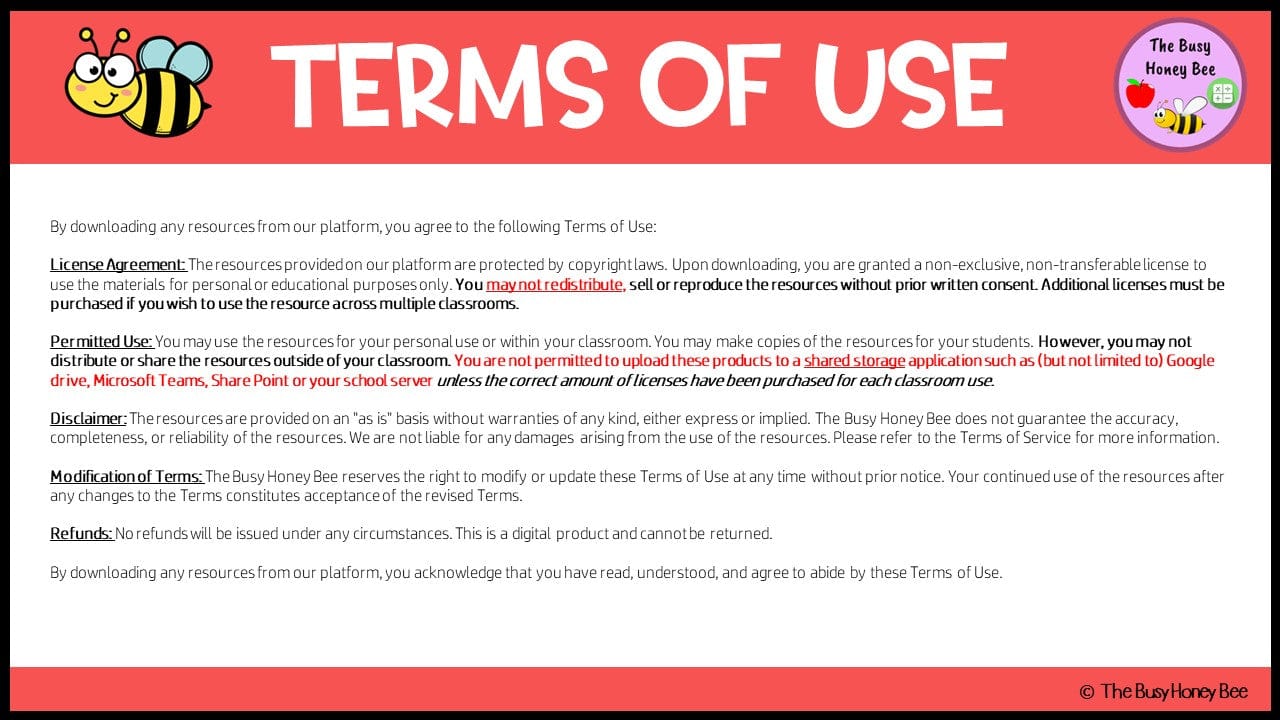Fantastic resource. Really makes teaching easier.
Fabulous teaching resources and great customer seveice. Thank you 😊
I have purchased many power points from this site and it aligns well with the syllabus. I love the links that help make the lessons more interesting. It's easy to adjust or add to slides. I am a great fan as it makes it easier to prepare for my teaching cycle.
Always great value for money. Easy to add or hide slides not needed.

















